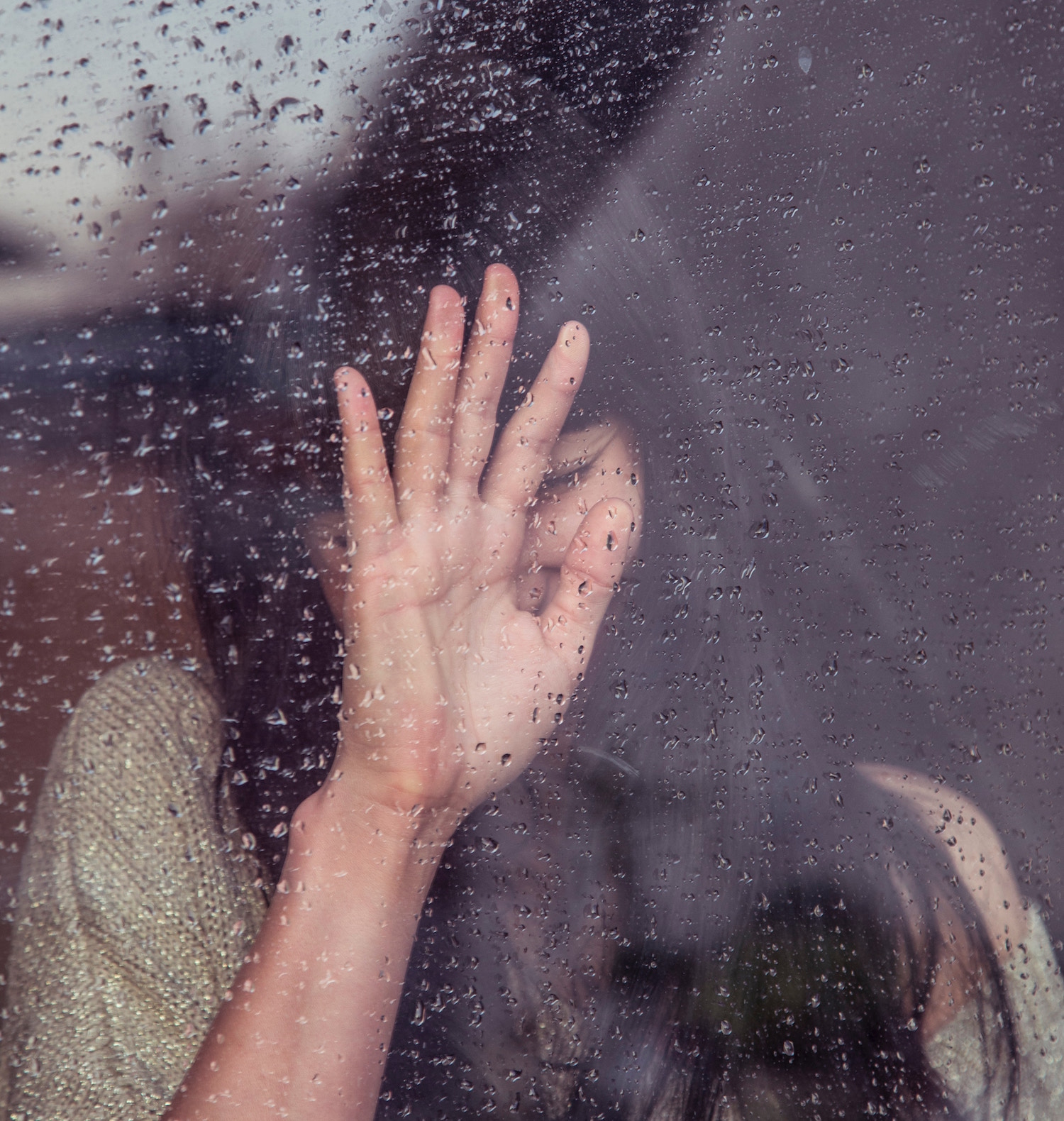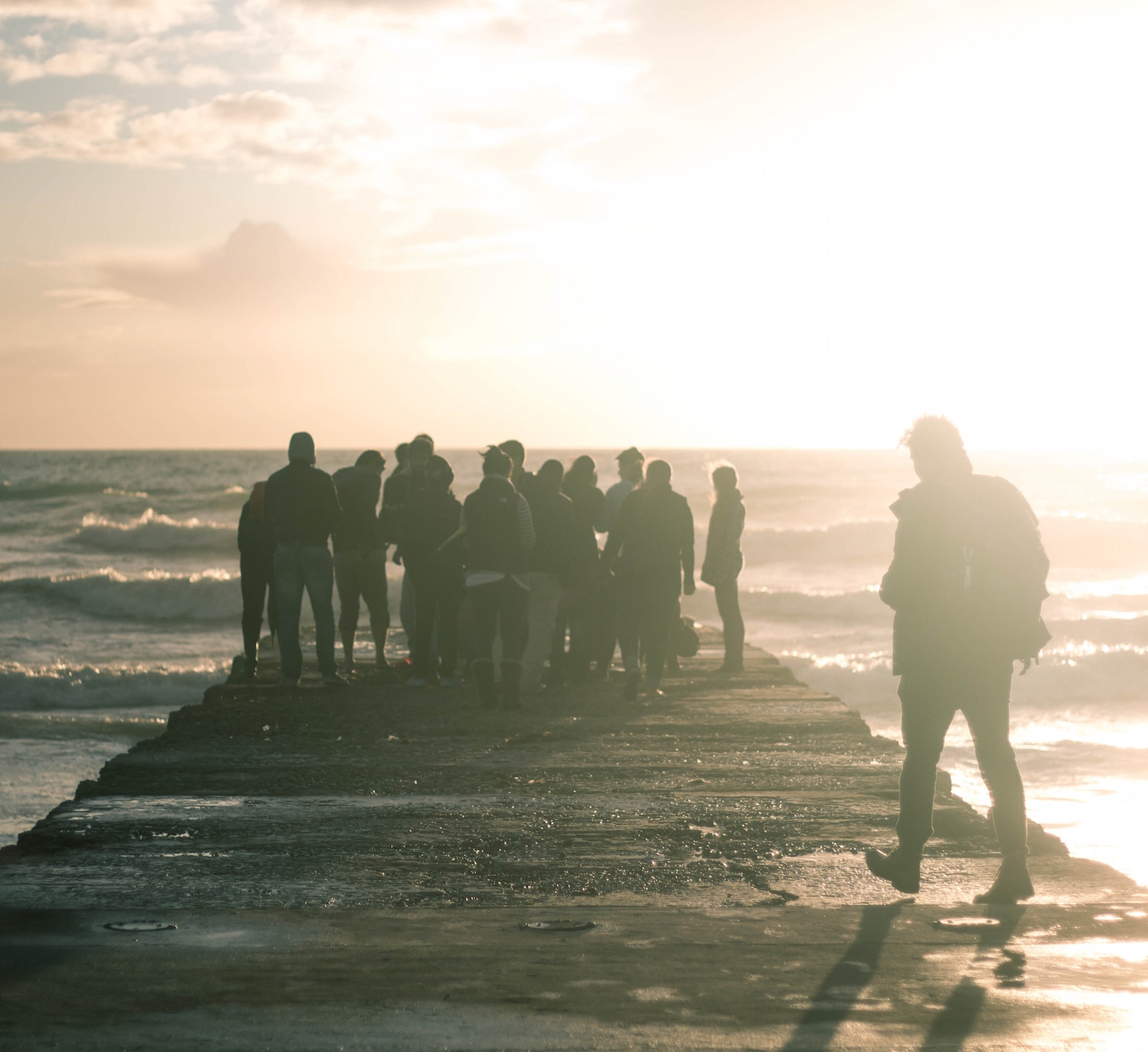Hurricanes Harvey, Irma, Maria. . . Mexico earthquakes, recent acts of domestic terrorism in Las Vegas and a number of natural disasters have dealt a devastating blow to the people and businesses of their communities. My heart goes out to those who have lost their homes and struggle to keep their businesses.
No one could have predicted the damage, devastation and aftermath of these events. However, in the wake of tragedy, there are lessons entrepreneurs can learn and apply for the benefit of themselves and others.
1. Create a business continuity plan
As entrepreneurs, we often put out daily fires and get caught up in the day-to-day issues that impact our businesses. It often feels like we don’t have time to look at the bigger picture to plan for the unexpected. After all, chances seem slim when it comes to catastrophic events hitting close to home. So, we don’t want to think about them or allocate resources for those “just-in-case” situations.
Then something horrible and unexpected occurs, and we wish that we had taken time to create a disaster recovery or business continuity plan. This moment is now happening for entrepreneurs and business owners throughout areas hit by an onslaught of natural disasters.

You can never plan too much. And, while planning won’t protect everything, it certainly can protect your assets, critical data and position you to rebound quickly once the disaster clears. There is no time like the present to start planning how you will address natural disasters or unexpected emergencies that could inhibit business operations.
Identify your current risks and vulnerabilities. From there, create action steps on what to do should a disaster strike and list roles and responsibilities. Put it in writing and share it with your team.
2. Become a resilient problem solver
When you watch people respond positively in the wake of a disaster it proves the resilience of the human spirit. It shows us we can take on anything. Resilience is a capacity to recover quickly from difficulties; toughness to survive. You have to proactively address urgent needs and worry less about uncertain outcomes.
This is also where creativity and problem solving is a must. You have to be willing to pivot. Think fast on your feet. If one approach doesn’t work, try a different one. Keep going until you figure out a solution.
Consider those people who spent their days on search and rescue of their fellow citizens. If one method didn’t work, people have gone as far as to form a human chain just to reach someone. It’s a firm belief in the idea that we will overcome and come out stronger.
3. Never be too busy to help those in need
Whether you are successful or struggling, both positions are better served by helping others. We can all spare some time to donate our talents, time or money to another.

Not only does helping others feel good, but it reminds us just how fortunate we are in our own lives and businesses. This new sense of gratitude can serve us well. When you think it’s really bad, step back and look around and empathize with those who are still smiling despite their house being under water, family members lost and hearts immeasurably broken.
Research which local organizations need volunteers. If you’re far away, check with local aid agencies to find out where you can send donations. Make sure your help reaches those in need.
4. Think about new solutions for inevitable tragedies
It’s disasters and acts of terrorism, violence and unthinkable acts that teach us the world is still in desperate need of new ideas to solve age-old problems. In the case of this flooding, for example, we could use the ingenuity of entrepreneurial communities to approach new ways of rebuilding cities and tackling the environmental issues that spur them.

Disasters can be reduced and managed if we continue to brainstorm new products, processes and platforms that will meet people in their time of urgent need. This is our chance to make things better.
5. We are better together
While some choose to take the every-man-for-themselves approach, when people work together to gather thousands of pounds of supplies, help rescue people and animals and open up and run shelters, comfort those who have experienced unimaginable loss. . . we can make the biggest impact. More can be accomplished when people collaborate.

Collaboration maximizes available resources and generates a higher rate of productivity to improve the odds of winning. Disaster waits for no one. It is definitely important to think things through.
This article has been edited.
John Rampton is the founder of Palo Alto, California-based Calendar, a company helping your calendar be much more productive.
© YFS Magazine. All Rights Reserved. Copying prohibited. All material is protected by U.S. and international copyright laws. Unauthorized reproduction or distribution of this material is prohibited. Sharing of this material under Attribution-NonCommercial-NoDerivatives 4.0 International terms, listed here, is permitted.













